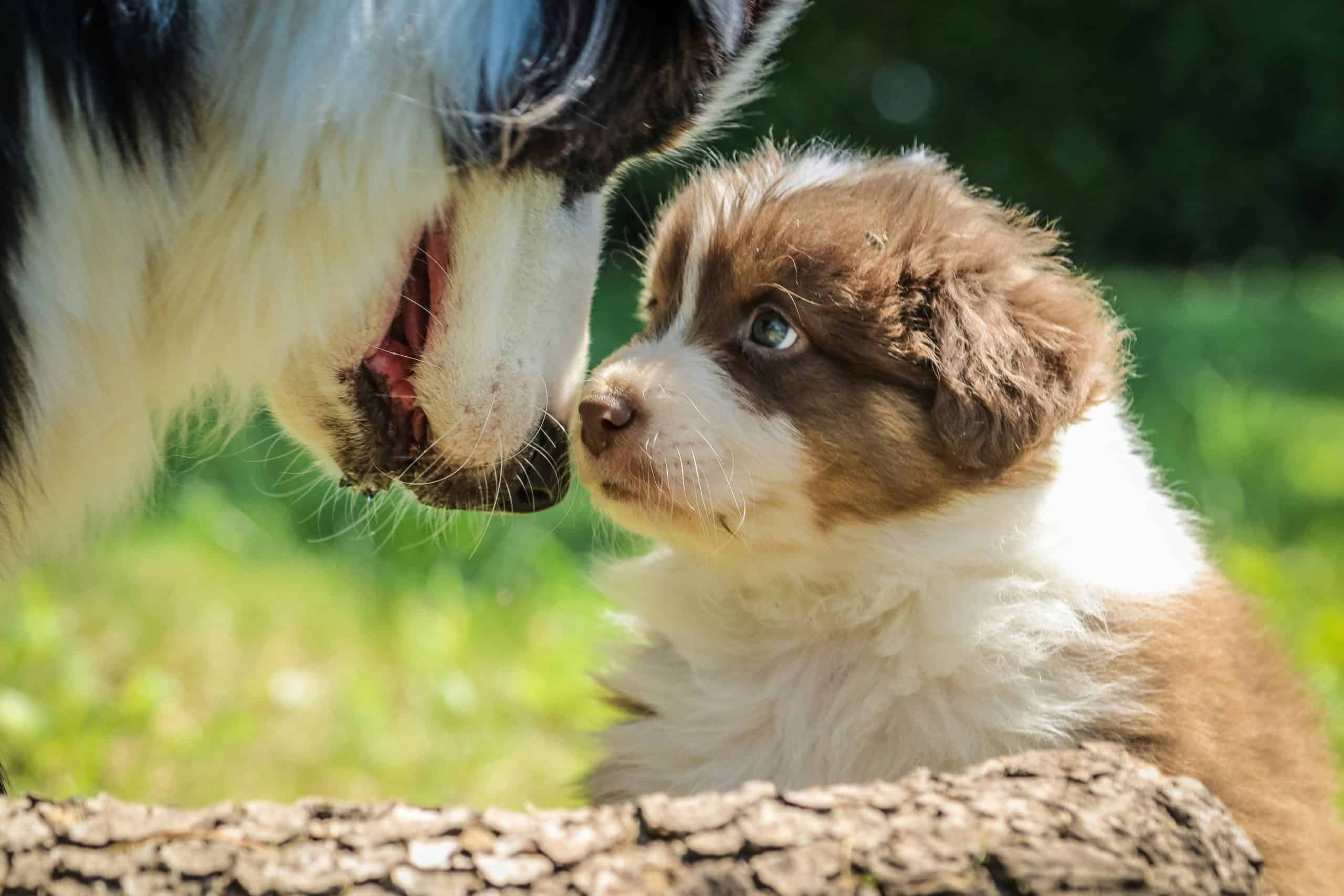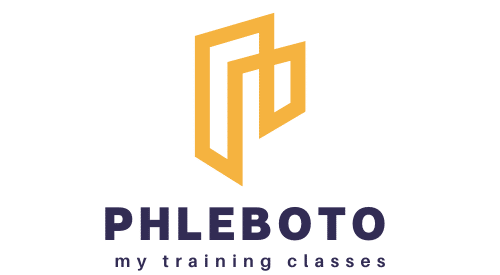What’s the Right Way to Socialize a Puppy with Other Animals?

Oh, the joy of adding a new furry friend to your family! It’s an exciting time filled with puppy kisses, cuddles, and a few inevitable mishaps. But one of the important and often overlooked aspects of raising a new puppy is socialization. This process involves introducing your pup to various environments, people, and of course, other animals. But what’s the right way to go about this? How can you make sure your puppy grows up to be a well-adjusted, friendly, and confident adult dog? Let’s delve into some practical tips.
A Slow and Steady Introduction
When it comes to socializing your puppy with other animals, remember the age-old adage: slow and steady wins the race. It’s crucial that these introductions are made gradually and under controlled conditions to ensure a positive experience for all parties involved.
Sujet a lire : What Are the Best Tips for Safely Hiking with Your Dog in Wildlife Areas?
Start by choosing a neutral, quiet location for the first meetings. Ensure the animals are kept on leashes, allowing them to observe and get used to each other from a safe distance. Keep these initial interactions brief and positive, gradually increasing the time they spend together as they become more comfortable.
Additionally, pay attention to the body language of all the animals involved. Signs of stress or aggression should signal the end of that particular session. It’s not about rushing the process, but about ensuring it’s a positive experience for your puppy.
En parallèle : What Are the Best Practices for Ensuring Pet Safety on Balconies and High-Rise Areas?
The Role of Positive Reinforcement
Just like in many aspects of puppy training, positive reinforcement plays a key role in successful socialization. Essentially, this involves rewarding your puppy for desirable behaviors, which encourages them to repeat these behaviors in the future.
Whenever your puppy interacts calmly and politely with another animal, make sure to reward them with a treat, praise, or a favorite toy. This will help them form positive associations with other animals, making them more likely to behave well in future encounters.
However, it’s important not to force these interactions. If your puppy seems reluctant or scared, don’t push them. Instead, give them the time and space they need to adjust, rewarding any progress they make, no matter how small.
Involve Various Animals in Socialization
To ensure your puppy is comfortable around different species, consider introducing them to a variety of animals. This can include cats, rabbits, birds, and other dogs. Remember, the goal is to help them understand that these creatures are friends, not threats.
Involve animals of different sizes, ages, and breeds. This will teach your puppy to feel comfortable and confident around various types of animals and prevent them from developing any fears or prejudices.
Bear in mind, however, that the safety and well-being of all animals involved should be the top priority. Only introduce your puppy to animals who are known to be friendly and comfortable around dogs. And of course, always closely supervise these interactions to prevent any potential conflicts.
Include Regular Playdates with Other Dogs
Setting up regular playdates with other dogs is an excellent way to socialize your puppy. Not only does it provide them with an opportunity to interact with their own kind, but it also teaches them valuable lessons about doggy etiquette.
When dogs play with each other, they learn to interpret and communicate via body language, which is a critical skill for any dog. They also learn appropriate boundaries and behaviors, such as not biting too hard or not pouncing on a dog that is clearly not interested in playing.
Just ensure these playdates are with dogs that are friendly, well-socialized, and preferably of a similar size to your puppy. Also, keep the playdates short initially, gradually increasing the duration as your puppy gets more comfortable.
Consider Professional Socialization Classes
If you’re unsure about how to socialize your puppy, or if they’re showing signs of fear or aggression around other animals, you may want to consider enrolling them in a professional puppy socialization class.
These classes are run by experienced dog trainers who understand dog behavior and know how to encourage positive interactions between puppies and other animals. They provide a safe, controlled environment where your puppy can learn to interact with other dogs and animals under the watchful eye of a professional.
Professional classes can be an excellent complement to the socialization efforts you’re making at home, ensuring your puppy grows up to be a well-rounded, sociable dog that feels comfortable and confident around other animals.
Regular Visits to the Dog Park
One of the best ways to expose your puppy to a wide range of dogs and animals is by making regular visits to the dog park. This controlled environment offers an excellent opportunity for your pup to interact with both adult dogs and other puppies.
The dog park is usually a buzzing place filled with various breeds, sizes, and ages of dogs, making it an ideal place for socializing your puppy. It allows your pup to observe and learn from the behaviors of adult dogs. It’s like a playground where your puppy can learn doggy manners, understand dog behavior, and improve their social skills.
While at the dog park, keep a watchful eye on your puppy. This environment might be overwhelming for them initially, hence the need for your presence and reassurance. Also, ensure your puppy has a good recall command, as this is crucial for their safety. Start with short visits, gradually increasing the duration as your puppy gets more comfortable in the environment.
Ensure you pick up after your puppy and respect the park rules, which sometimes include separate areas for small and large dogs. Remember, a responsible dog owner promotes a positive environment for everyone involved.
Seeking Help from a Certified Professional Dog Trainer
If you’re having trouble, don’t hesitate to seek help from a certified professional dog trainer. These specialists have a deep understanding of dog behavior and can provide you with valuable advice on how to socialize your puppy effectively. They can also help address any specific issues you might be having, such as your puppy showing signs of fear or aggression towards other animals.
A professional dog trainer can guide you on how to interpret your puppy’s body language accurately, helping you manage their interactions with other animals better. They can also recommend suitable socialization classes, where your dog can interact with others under their expert supervision.
Remember, every puppy is unique and might react differently to the socialization process. If your puppy is anxious or fearful, a professional can provide customized solutions suited specifically for their temperament.
Conclusion
Socializing a puppy with other animals is a crucial aspect of their development. It helps them grow into a well-adjusted adult dog that’s comfortable and confident around others. By introducing your pup to a variety of animals, incorporating regular playdates, visiting dog parks, and if necessary, seeking the help of a certified professional dog trainer, you can ensure your puppy is well-socialized.
Remember, the process requires patience and perseverance. It’s not about rushing the process, but about ensuring it’s a positive and enriching experience for your puppy. And in the end, the reward is a friendly, adaptable, and confident dog that can interact comfortably with other animals and people.
